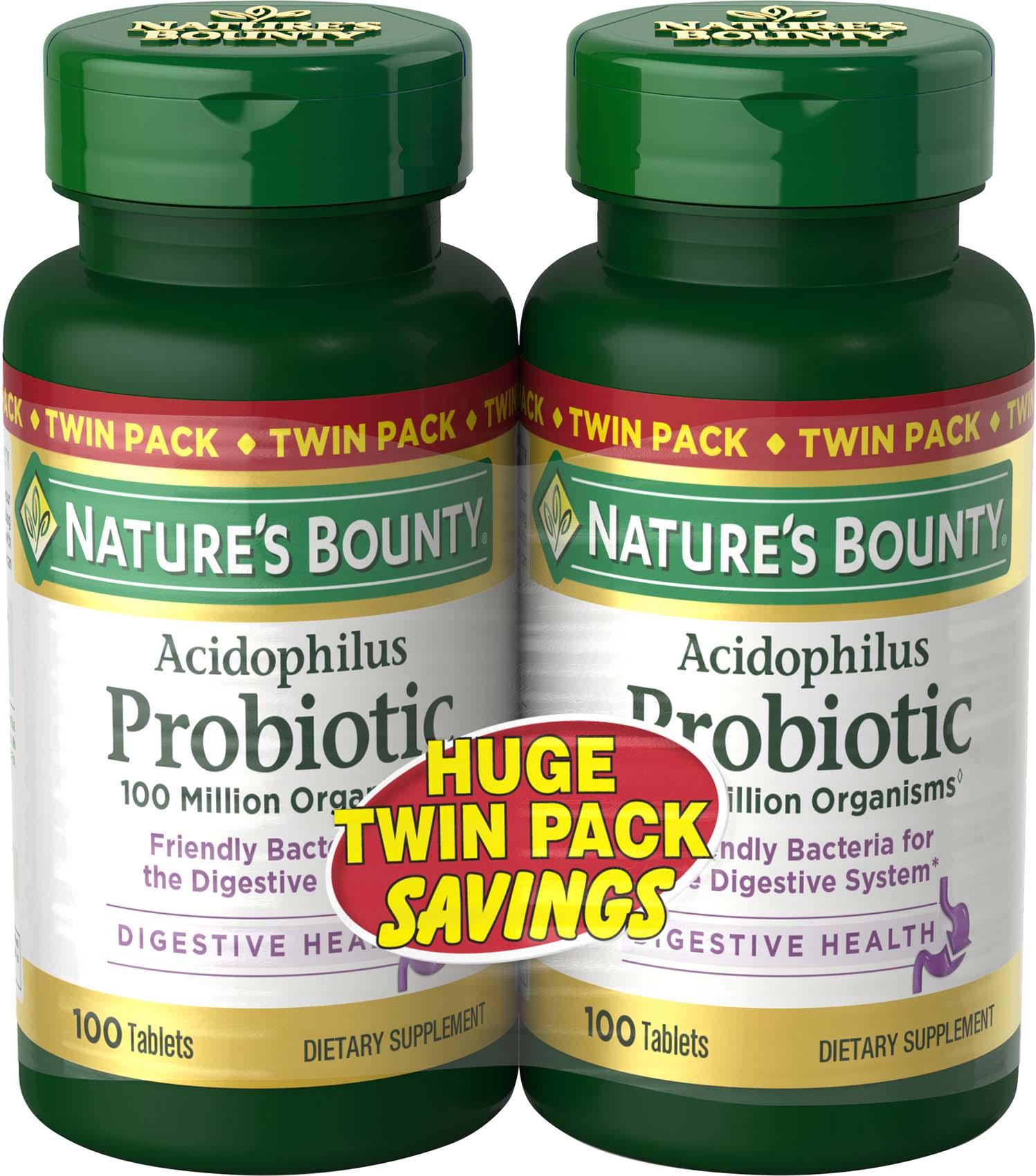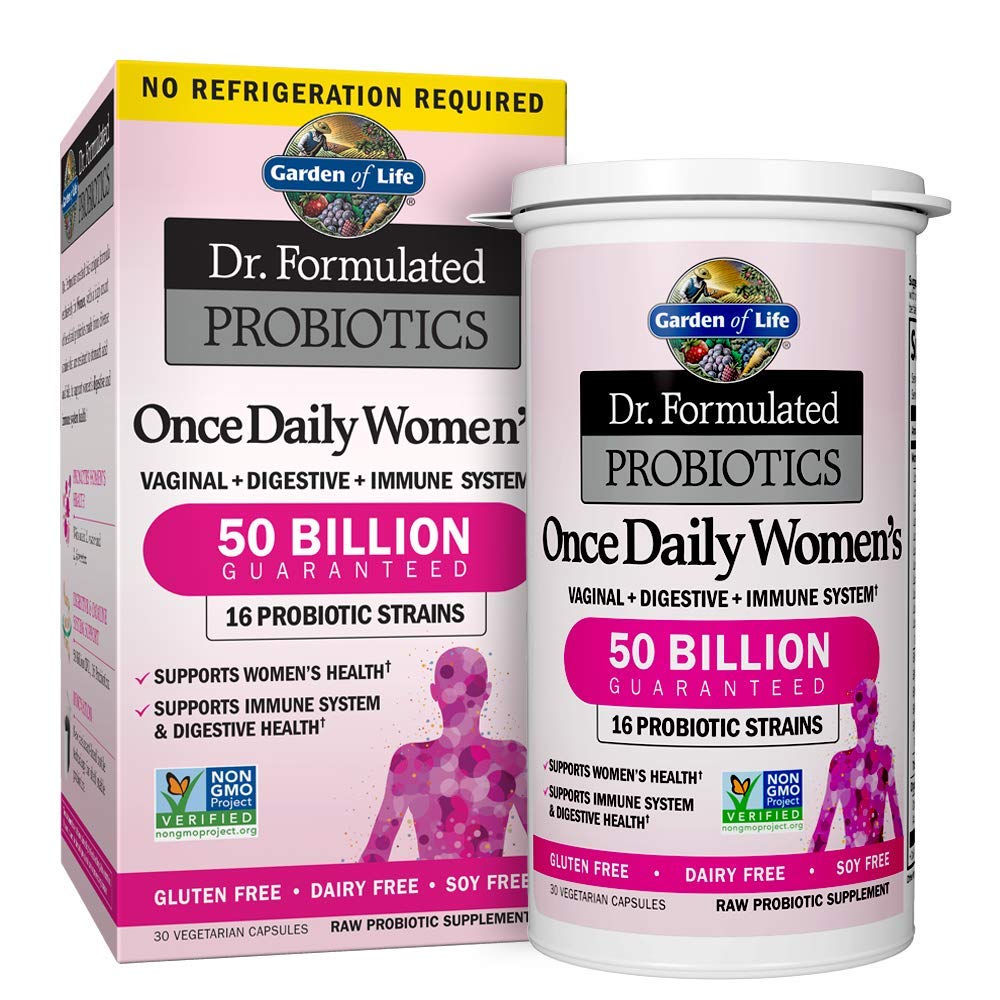Where do beneficial probiotics (microbes) live in my body? 111
by Admin
Posted on 10-10-2023 02:11 PM

Probiotics are a combination of live beneficial bacteria and/or yeasts that naturally live in your body. Bacteria is usually viewed in a negative light as something that makes you sick.
 However, you have two kinds of bacteria constantly in and on your body —
good
bacteria and bad bacteria. Probiotics are made up of good bacteria that helps keep your body healthy and working well. This good bacteria helps you in many ways, including fighting off bad bacteria when you have too much of it, helping you feel better. Probiotics are part of a larger picture concerning bacteria and your body — your microbiome.
However, you have two kinds of bacteria constantly in and on your body —
good
bacteria and bad bacteria. Probiotics are made up of good bacteria that helps keep your body healthy and working well. This good bacteria helps you in many ways, including fighting off bad bacteria when you have too much of it, helping you feel better. Probiotics are part of a larger picture concerning bacteria and your body — your microbiome.
Probiotics are defined as live bacteria that line your digestive tract that support your body’s ability to absorb nutrients and fight infection. Did you know that your body contains about the same number of gut bacteria molecules as it does cells for the rest of your body? it’s no wonder then that your gut is so important to your health. Your skin and digestive system alone host about 2,000 different types of bacteria. The national center for complementary and integrative health (nccih) calls probiotics “live microorganisms (in most cases, bacteria) that are similar to beneficial microorganisms found in the human gut.
Probiotics are live bacteria and yeasts that are beneficial for health . They are often referred to as 'good', 'helpful' or 'healthy' bacteria. An imbalance of the natural bacteria or yeasts within our body has been associated with a range of conditions including constipation , diarrhea , weight gain, skin rashes, yeast infections, and a suppressed immune system. Probiotics may be taken orally in an attempt to restore any imbalance in the normal intestinal or urogenital flora. Probiotics are available as dietary supplements or contained naturally or added to foods such as yogurt, sauerkraut, or kefir. List of.
Despite a growing sense that probiotics do not offer anything of substance to individuals who are already healthy, researchers have documented some benefits for people with certain conditions. In the past five years, for example, several combined analyses of dozens of studies have concluded that probiotics may help prevent some common side effects of treatment with antibiotics. Whenever physicians prescribe these medications, they know they stand a good chance of annihilating entire communities of beneficial bacteria in the intestine, along with whatever problem-causing microbes they are trying to dispel. Normally the body just needs to grab a few bacteria from the environment to reestablish a healthy microbiome.
How do probiotics work?
Researchers are trying to figure out exactly how probiotics work. Some of the ways they may keep you healthy:
when you lose "good" bacteria in your body, for example after you take antibiotics, probiotics can help replace them. They can help balance your "good" and "bad" bacteria to keep your body working the way it should.

Probiotics and prebiotics in general seem to influence an entire immunological network in the body, and tend to have the biggest potential early in life. If a mother consumes probiotic-rich food while pregnant, for example, she may reduce the child’s risk of allergy symptoms, such as skin rashes , nasal congestion, and watery eyes. Certain strains may also decrease the incidence of chronic digestive disorders like celiac disease , crohn’s disease, and ulcerative colitis. Lower risk of covid-19 taking probiotic supplements may lower your odds of getting covid-19, various studies have shown, though the studies were observational, so more rigorous ones are needed.
Probiotic, any of various live microorganisms, typically bacteria or yeast , that are ingested or otherwise administered as a means of potentially aiding the prevention and treatment of certain health conditions, primarily gastrointestinal disorders. The notion that the ingestion of certain microorganisms can benefit digestion as well as immune function emerged in the early 20th century, with the work of russian-born zoologist and microbiologist élie metchnikoff. Interest in probiotics surged in the early 21st century, when more became known about the human microbiome. Some of the most commonly used probiotics are lactic-acid bacteria , namely strains of lactobacillus and streptococcus, which are normal components of the human microbiome and have been used for centuries in the production of yogurt , cheese , and some pickled foods.